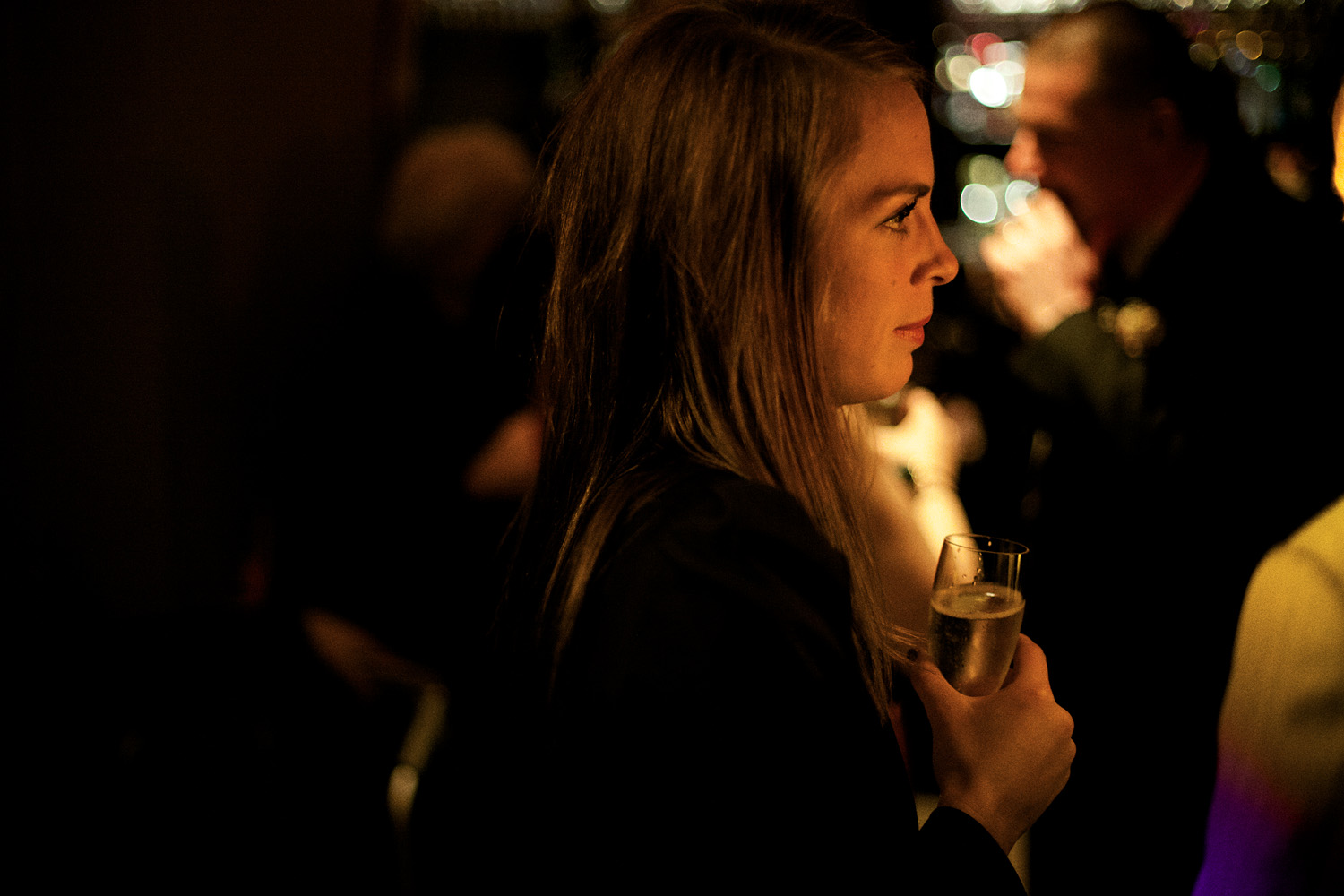For many years I worked as a photographer in motorsport shooting exclusively film. Back then we thought the light was bad as soon as it got a little cloudy. Film speeds of 800asa were thought to be extreme, "omg, look at that awful grain - we can't use that". Little did we know...
The reality of my professional life today, photographing people in private and corporate scenarios, is the natural, available light radically dictates your approach on nearly every job. There is rarely the luxury to light a scene, such as you would in a studio (on-camera flash is awful, far too harsh). Most of the time you cope with what you have and damn well make it work - quickly - on budget. There is no option.
This was never more of a challenge than on a recent commission at The Bingham in Richmond. A stunning setting on the Thames, this boutique hotel is small yet beautiful, combining cosy spaces with contemporary decor to great effect.
My clients, Jackie and Keith, enjoyed a very intimate wedding day with just close friends and family attending their service. The evening was to be much more of a party in the venue's Garden Room.
The room was dark. Very dark. With only tungsten light being emitted from the ceiling mounted halogen spots. It therefore became a game of photographic cat and mouse as people wandered into the pools of downlight during conversation - me then pouncing (sometimes literally) on the opportunity to try and lock in an image. It was knife-edge stuff, even for today's superb digital sensors. Verdict: I loved it.
The small set below exactly conveys the feeling and atmosphere in the room, and I wanted to show them for two reasons...
First; photographers rarely show clients commissions shot in poor light, and because most weddings (even those held in summer) are 75% inside, this is vital. The results are often more personal and intimate than during the day.
Second; it's interesting to note this shoot would have been impossible on film. It's fashionable these days to knock digital, to somehow suggest film was/is better. It's not. It's just different. Both mediums require knowledge and experience to obtain a result and are therefore comparable.
In truth, shooting a wedding day on film is very restrictive when the light gets low. It's also far more expensive for the client (processing fees) and the end delivery shows less content. Why would you opt for that? Digital is a no brainer...
Click any thumbnail to enlarge...



















